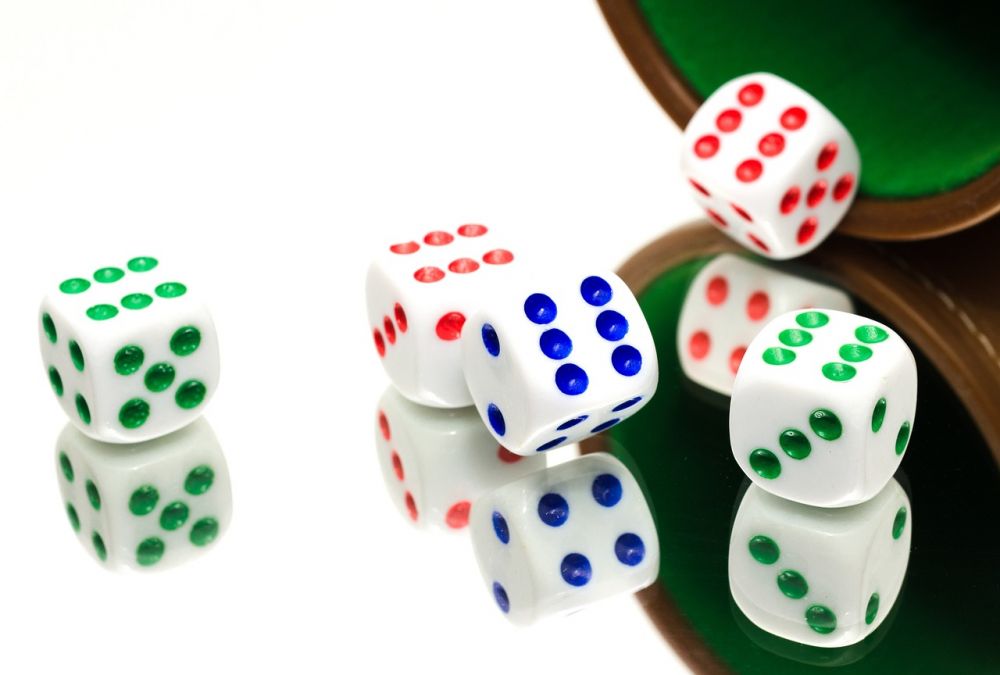Casino House: A Comprehensive Guide for Casino Enthusiasts

Introduction
Casino games have been attracting players worldwide for centuries, providing entertainment, excitement, and the potential to win big. Among the various types of casinos, one that stands out is the Casino House. In this article, we will delve into the intricate details of Casino House, discussing its significance to the gaming community, historical development, and essential aspects for all casino enthusiasts to know.
What is Casino House?

Casino House, also known as the house edge, refers to the statistical advantage that the casino holds over the players in any given game. It represents the percentage of each bet that the casino theoretically expects to win in the long run. Understanding the concept of Casino House is crucial for anyone interested in casino games, as it helps set realistic expectations and aids in making informed gambling decisions.
In-depth Exploration of Casino House
To grasp the intricacies of Casino House, let’s consider some vital points:
1. Calculation: The casino house advantage is calculated based on mathematical probabilities and odds. It varies across different games, with some offering a higher house edge than others. For example, slot machines often have a higher house edge compared to blackjack or poker.
2. Impact: The house edge influences the overall odds of winning and losing in a particular game. Players should be aware that the higher the casino house advantage, the lower their chances of success. This is a key factor to consider when selecting a game to play.
3. Player Strategies: Understanding the casino house edge allows players to develop strategies and systems to minimize their losses and maximize their chances of winning. Knowledge of the house edge empowers players to make calculated decisions and choose games that offer better odds.
Historical Evolution of Casino House
To appreciate the significance of Casino House, let’s take a journey through its historical development:
1. Origins: The concept of the house edge dates back to the earliest casinos in the 17th century. Initially, casinos relied on players’ ignorance of odds and manipulated payouts to ensure consistent profits. However, as gambling became more regulated, the introduction of statistical analysis paved the way for the calculation of the official house edge.
2. Invention of Probability Theory: The 17th and 18th centuries saw the development of probability theory by prominent mathematicians such as Blaise Pascal and Pierre de Fermat. This breakthrough laid the foundation for understanding statistical probabilities and the concept of the house edge.
3. Modern-Day Casino House: With advancements in technology and the rise of online gambling, the calculation and transparency of the house edge have become more accessible. Online casinos often provide detailed information about the house edge for each game, enabling players to make informed choices.
Optimizing the Text for Featured Snippets
To increase the chances of this article appearing as a featured snippet on Google, the following structure can be implemented:
Unveiling the Secrets of Casino House: The Complete Guide for Casino Enthusiasts
Introduction to Casino House
– Definition and Significance
– Key Points to Know
Exploring Casino House in Detail
– Calculation of Casino House
– Impact on Odds of Winning
– Strategies to Minimize Losses
The Journey of Casino House: A Historical Retrospective
– Origins of Casino House
– Role of Probability Theory
– Modern-Day Casino House
Conclusion
The concept of Casino House is a fundamental aspect of casino gaming that all enthusiasts should understand. By comprehending the house edge, players can make informed decisions, devise strategies, and enhance their overall gambling experience. From its historical roots to its modern-day implications, Casino House continues to shape the world of casinos and betting, catering to the diverse interests of players worldwide.





